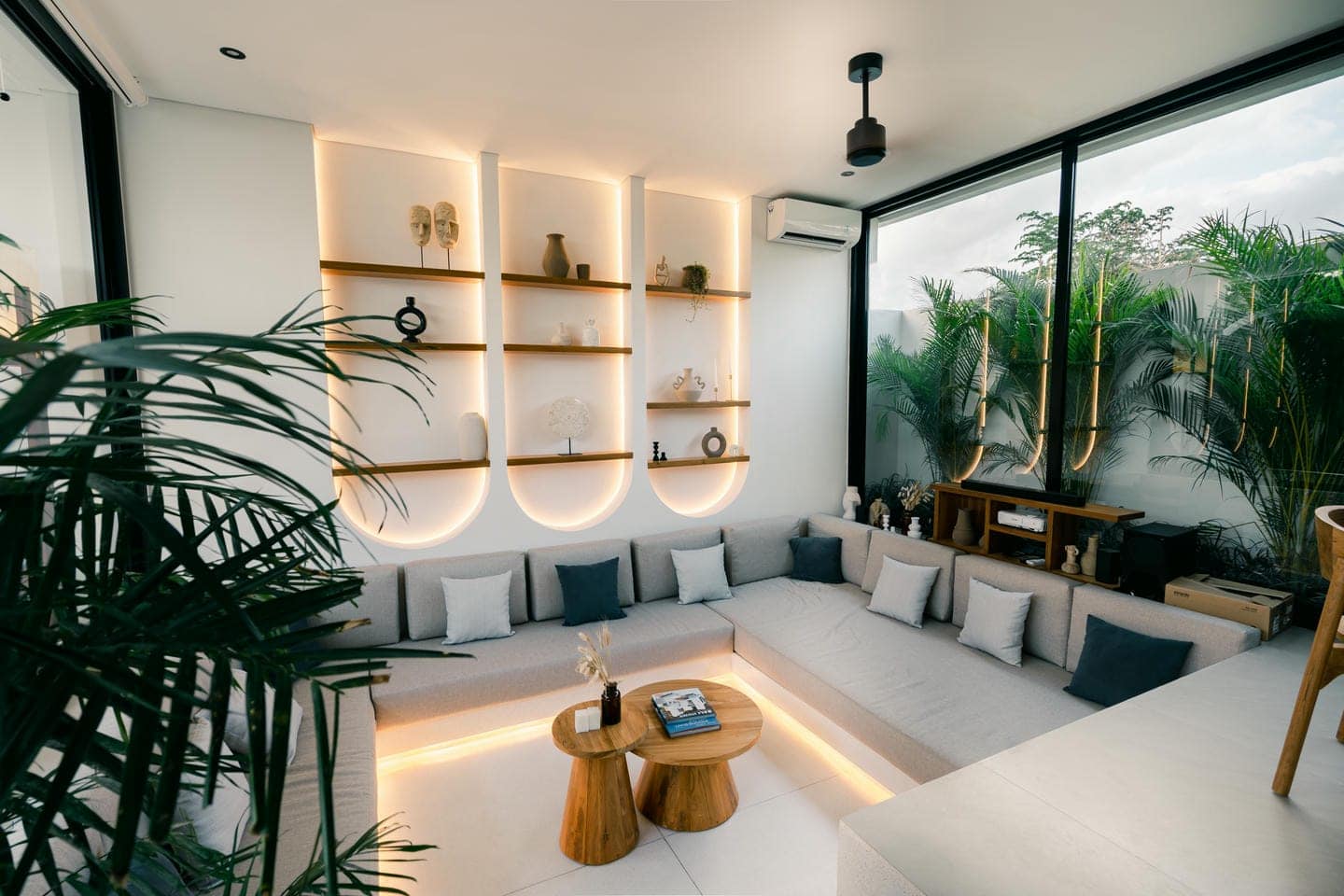The Indonesian government’s decision to increase Value Added Tax (VAT) from 11% to 12% starting January 1, 2025, is set to impact Bali’s real estate landscape. Here’s what potential investors and property buyers need to know about the changing market dynamics.
Current Market Conditions
Property prices in Bali have shown consistent growth, with average increases of 7% annually over the past five years. In prime locations like Canggu, Uluwatu, and Ubud, the appreciation rates have been even more substantial, with some areas experiencing up to 15.1% annual increases.
Property VAT Structure
- Regular Properties: The 12% VAT rate technically applies to property transactions, but the effective VAT payable remains at 11% for most properties. This is due to a last-minute regulation (MOF Regulation 131) issued on December 31, 2024.
- Luxury Properties: The full 12% VAT rate applies specifically to luxury properties, as President Prabowo confirmed that the higher rate targets “very luxurious houses whose value is above those belonging to the middle-class community”.
Special Incentives
Properties have specific VAT incentives in place:
- Properties priced up to IDR 5 billion receive a VAT exemption on the first IDR 2 billion.
- Simple houses and public housing remain exempt from VAT as they are considered basic necessities.
Implementation Timeline
The new VAT structure took effect on January 1, 2025, as part of the broader tax reform strategy outlined in the Harmonization of Tax Regulations Law. The government has implemented this increase gradually to minimize impact on purchasing power and economic growth.This targeted approach to VAT implementation shows the government’s effort to balance revenue generation while protecting middle and lower-income property buyers.
Impact of VAT Increase
The new 12% VAT rate will affect several aspects of property investment:
Property Costs
- Higher construction and development costs
- Increased purchase prices for new properties
- Additional expenses for property-related services
Market Response
- Property developers may adjust prices to accommodate the tax increase
- Rental rates could rise as owners seek to offset higher costs
- Investment returns might require recalculation
The 12% VAT increase, while adding to property costs, is unlikely to significantly dampen Bali’s robust real estate market, which continues to attract both domestic and international investors For more detailed insights on property taxes, check out our comprehensive guide to property taxes in Bali.
Conclusion
If you’re considering buying property in Bali, now is the time to act. Partner with local real estate agent to understand your options and make informed decisions in light of the new tax changes. Subscribe to our newsletter for the latest updates on Bali’s property market trends and investment opportunities.


